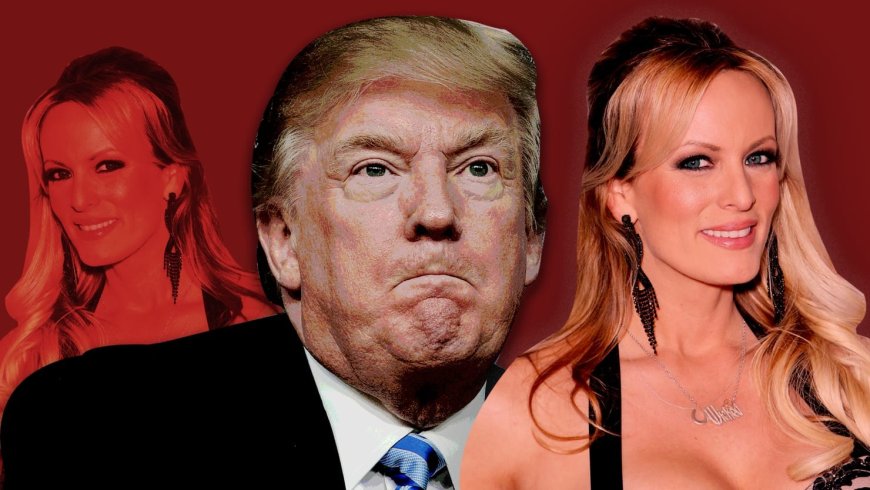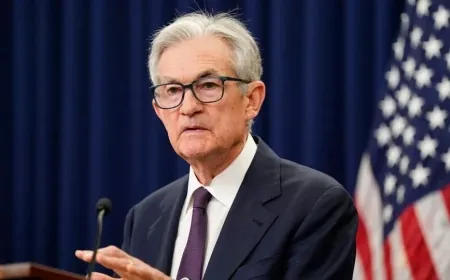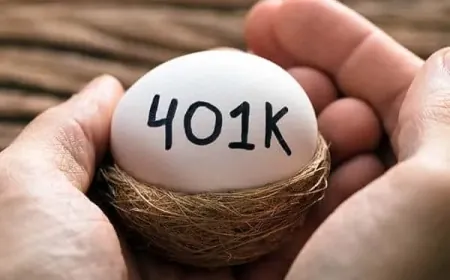From the White House to the Courtroom: Donald Trump's Classified Documents Saga Unfolds
Stay informed on Donald Trump's classified documents case: Charges, defenses, and implications. Get the latest updates on this high-profile legal battle.

In the ongoing case involving former President Donald Trump and the alleged illegal retention of classified documents at his Florida estate after leaving the White House in 2021, it is important to examine the charges he faces and the potential defenses he may employ.
Nature of the Accusations:
According to Trump's lawyer and a knowledgeable source, he is facing seven criminal counts, including mishandling classified documents and obstruction of justice. The indictment remains sealed, and it is unclear whether it will be made public before Trump's initial appearance in a Florida federal court on Tuesday. Trump has adamantly proclaimed his innocence.
Timeline of Events:
In January 2022, Trump agreed to return 15 boxes of records to the U.S. National Archives and Records Administration. During the inspection of these boxes, officials discovered over 700 pages of records marked as classified.
Subsequently, in May 2022, the Justice Department issued a grand jury subpoena to Trump, demanding the return of any additional classified records. His attorneys later submitted 38 pages marked as classified, claiming that all records with classified markings had been returned. However, it was later revealed that this assertion was false.
In August, the FBI conducted a search of Trump's Palm Beach residence and seized around 13,000 additional records, approximately 100 of which were marked as classified. Among them, some were even labeled as "top secret," representing the highest level of classification for the nation's most sensitive information.
Charges Faced by Trump:
The most serious charge against Trump falls under the Espionage Act, which criminalizes the unauthorized possession of national defense information. If convicted, he could face a maximum sentence of 10 years in prison. It is important to note that this law predates the classification of documents and specifically targets the intentional retention of closely held national defense information that could be valuable to foreign adversaries.
In addition to the Espionage Act charge, Trump is also accused of multiple counts of obstruction of justice. This offense encompasses any deliberate action taken with the intention to obstruct, impede, or influence an investigation. To prove these allegations, prosecutors must establish Trump's intentional actions and his objective to hinder the investigation, regardless of the outcome of those efforts. Trump is further charged with making false statements to investigators.
Possible Legal Defenses:
Trump's defense strategy is likely to revolve around claiming that the investigation is politically motivated and characterizing it as a "witch hunt." He may argue that he is being selectively prosecuted, pointing out that neither President Joe Biden nor former Vice President Mike Pence faced charges despite retaining classified records after leaving office. It should be noted that the documents in question for Biden pertain to his time as vice president and senator.
Trump's legal team asserts that selective prosecution is part of a larger pattern of prosecutorial misconduct. However, they have provided limited details to substantiate this claim, other than alleging violations of a legal doctrine protecting attorney-client communications.
Proving selective prosecution is challenging, as defendants must demonstrate that they were specifically targeted for arbitrary reasons and that prosecutors chose not to bring charges against others in similar circumstances.
It is worth mentioning that unlike Trump, both Biden and Pence promptly returned the records and fully cooperated with efforts to locate any additional documents. The Justice Department is currently investigating the Biden case and recently closed a separate inquiry into Pence.
Regarding the obstruction charges, Trump could argue that he simply followed legal advice provided by his attorneys and therefore lacked criminal intent. Additionally, he may seek to shift blame onto subordinates or accuse them of acting independently.
In conclusion, the charges against Donald Trump in the classified documents case encompass mishandling classified materials, obstruction of justice, and making false statements. Trump's potential defenses may involve claiming selective prosecution, challenging the legality of the investigation, and asserting reliance on legal advice. The outcomes and implications of these allegations will ultimately be determined through the legal proceedings.
Also Read:































































